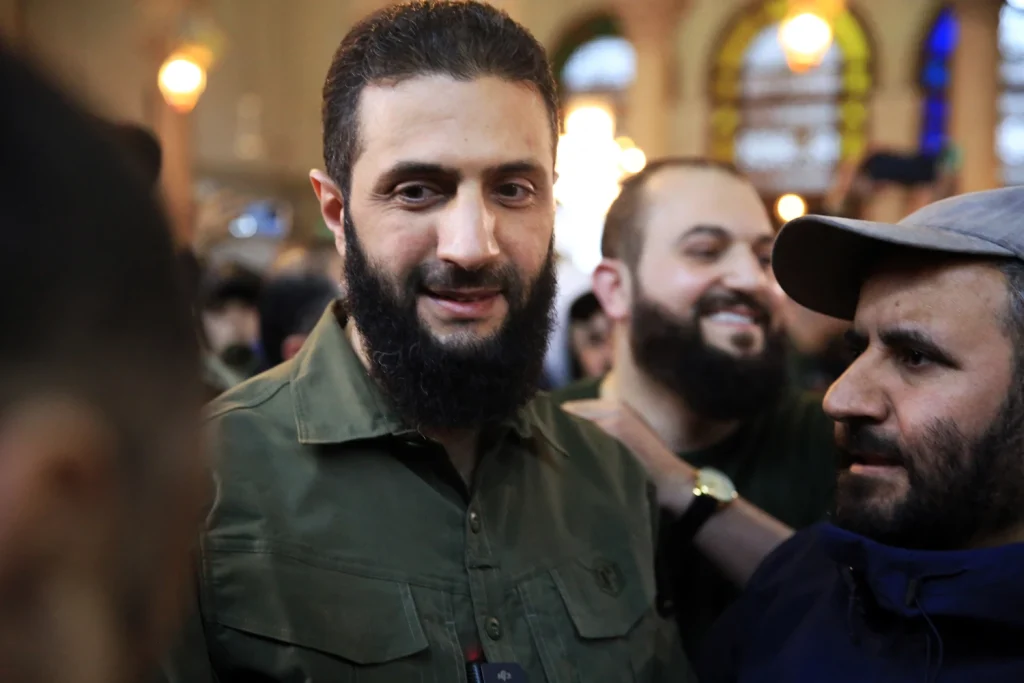The United States has withdrawn a long-standing bounty for the arrest of Syria’s new leader, Ahmed al-Sharaa, following productive talks in Damascus. Barbara Leaf, the top US diplomat for the Middle East, announced the decision after a meeting with Sharaa, marking the first official US visit to the Syrian capital since the civil war began.
Sharaa, who leads Hayat Tahrir al-Sham (HTS), a group previously designated as a terrorist organisation, rose to power after a swift offensive ousted Bashar al-Assad on December 8. While HTS has roots in Al-Qaeda’s Syria branch, it has sought to moderate its stance in recent years.
Leaf explained the reasoning behind the decision: “Based on our discussion, I told him we would not be pursuing the Rewards for Justice reward offer.” She added, “It’s a little incoherent, then, to have a bounty on the guy’s head.”
The meeting yielded commitments from Sharaa, including promises to combat terrorism and prevent threats to regional stability. In a statement, Syria’s new leadership vowed to foster regional peace and reject polarisation.

The US delegation also worked on resolving long-standing issues, including efforts to locate missing American journalist Austin Tice, who was kidnapped in Syria in 2012.
The US military has escalated operations against Islamic State (IS) remnants following Assad’s ousting. On Friday, a senior IS leader and an operative were killed in Deir Ezzor province.
Leaf’s visit also included meetings with Syrian civil society leaders and a commemoration of those tortured or killed under Assad’s regime.
Turkish President Recep Tayyip Erdogan, a long-time opponent of Assad, reiterated calls for unity in Syria and the eradication of terrorist groups, including IS and Kurdish-led forces. Turkey continues to press against the Syrian Democratic Forces (SDF), which it accuses of ties to the Kurdistan Workers’ Party (PKK), a group designated as terrorist by both Washington and Ankara.
In response to heightened tensions, Washington has urged a ceasefire in contested areas, particularly around Kobane. Meanwhile, Kurdish leaders, while celebrating Assad’s removal, remain wary of Turkish-backed attacks.
As Syrians celebrate Assad’s fall, challenges remain. Iran and Russia, once Assad’s main backers, face reduced influence in the country, with Leaf expecting Iran’s role to end entirely. Calls have also been made to reassess international sanctions to aid Syria’s recovery.
The Syrian civil war, which claimed over 500,000 lives and displaced millions, enters a new phase as the country grapples with rebuilding under its new leadership.


